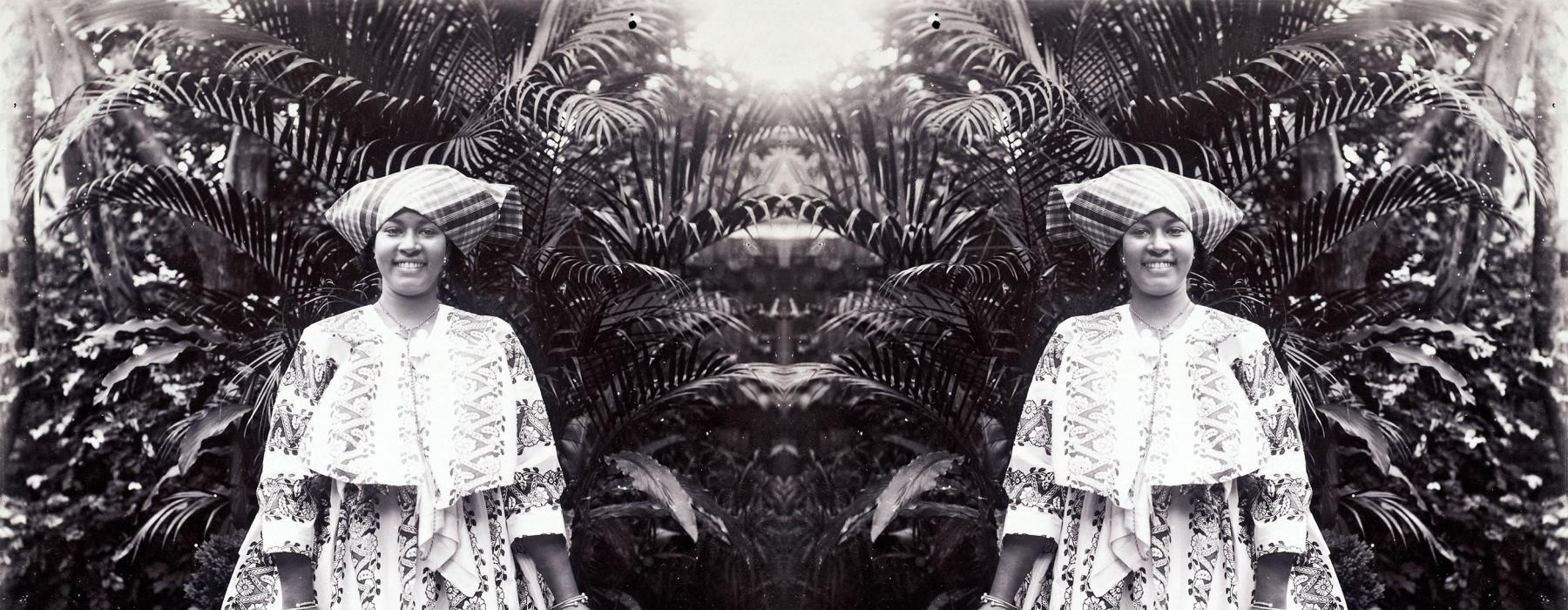
Slavery as a dehumanizing practice created structures of relations that still live with us today. Like other former colonial powers, the Netherlands owes its wealth and elevated position in the world, in large measure, to its past colonial activities. This power and privilege came at a specific cost to the formerly colonized and enslaved: the Africans that were captured, enslaved, and subjected to a brutal process of dehumanization. The same Africans that facilitated a thriving (plantation) economic system in the Dutch Caribbean, that generated wealth for individual owners and their descendants, as well as for the Dutch Metropole. How do we repair a history that is not yet acknowledged for its complexities, nor considered a shared past?
Within the context of the Keti Koti commemoration and celebration, the Research Center for Material Culture invites an interdisciplinary group of thinkers, designers and artists to share their critical perspectives on the legacies of slavery and the colonial past in contemporary Dutch society. These talks give insight into how different sets of practices connect and how the legacies of slavery and the colonial past manifest in the present.
This event is a prelude to the exhibition Afterlives of Slavery at the Tropenmuseum which explores the Dutch history of slavery and colonialism, and its afterlives in the present, through the lens - the experiences - of the enslaved and their descendants. More than a series of facts, or the expected telling of the triangle trade, the exhibition zooms in on the condition of enslavement, the (cultural) responses of the enslaved, and the experiences of those living slavery’s afterlife in present-day Dutch society. The exhibition seeks to understand what it means to live as a subject of colonial power and how the legacies of slavery and colonialism live on for descendants as citizens within the Netherlands today.
